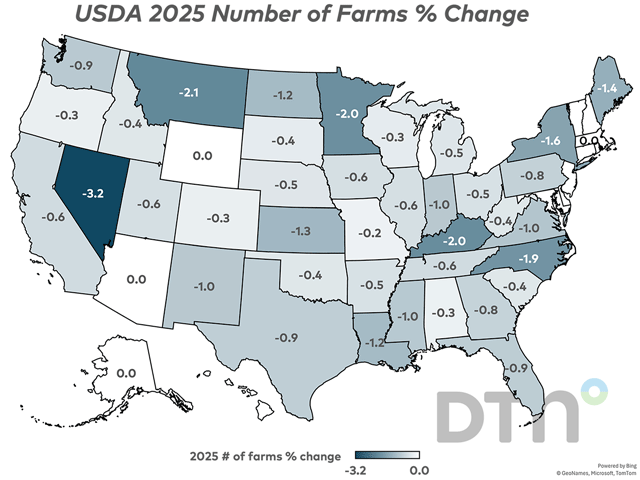US Stocks Fall as Inflation Anxiety Persists
NEW YORK (AP) -- Stocks fell in morning trading on Wall Street Tuesday as rising interest rates and inflation raise concerns about economic growth.
The S&P 500 fell 0.2% as of 10:19 a.m. Eastern. The Dow Jones Industrial Average fell 82 points, or 0.3%, to 32,830 and the Nasdaq was unchanged.
Retailers led the losses. Target slumped 2.9% after saying it's cancelling orders from suppliers and slashing prices. The move comes as consumers shift spending from things like clothing and electronics to more services, like travel and dining out as pandemic fears abate.
Technology and industrial companies also notched heavy losses. FedEx fell 2% and chipmaker Nvidia fell 1.3%.
Bond yields eased following Monday's jump, which was fueled by persistent anxiety over a possible U.S. economic slowdown. The yield on the 10-year Treasury fell to 2.98% from 3.03% late Monday.
Earnings and deal news helped move several stocks. Kohl's jumped 9.9% after the retailer said it's in advanced talks to sell itself to Vitamin Shoppe owner Franchise Group in a deal worth about $8 billion. Jam maker J.M. Smucker rose 3.6% after reporting strong financial results.
Businesses are raising prices on everything from food to clothing to offset inflation's impact on their costs. Those higher prices have squeezed consumers, who are trimming their spending on high-priced items as they spend more on necessities like food.
Russia's ongoing war on Ukraine has raised food and energy prices across the globe. Record-high gasoline prices have put an additional squeeze on consumers. U.S. crude oil prices are up 59% this year. The World Bank has sharply downgraded its outlook for the global economy, pointing to Russia's war and concerns about the potential return of "stagflation," a toxic mix of high inflation and sluggish growth unseen for more than four decades.
The Federal Reserve has responded by pivoting from a policy of maintaining low interest rates during the pandemic to aggressively raising interest rates to slow economic growth and temper the impact from inflation. The plan has raised concerns that the Fed could go too far too quickly and possibly tip the U.S. economy into a recession.
Worries about the aggressive rate hikes and inflation have weighed on markets. The benchmark S&P 500 index is coming off of its eighth losing week in the last nine. Big daily swings have become the norm for markets as investors review government data and corporate updates on inflation. They will receive another update on Friday when the U.S. releases its latest monthly update on consumer prices.
P[L1] D[0x0] M[300x250] OOP[F] ADUNIT[] T[]



